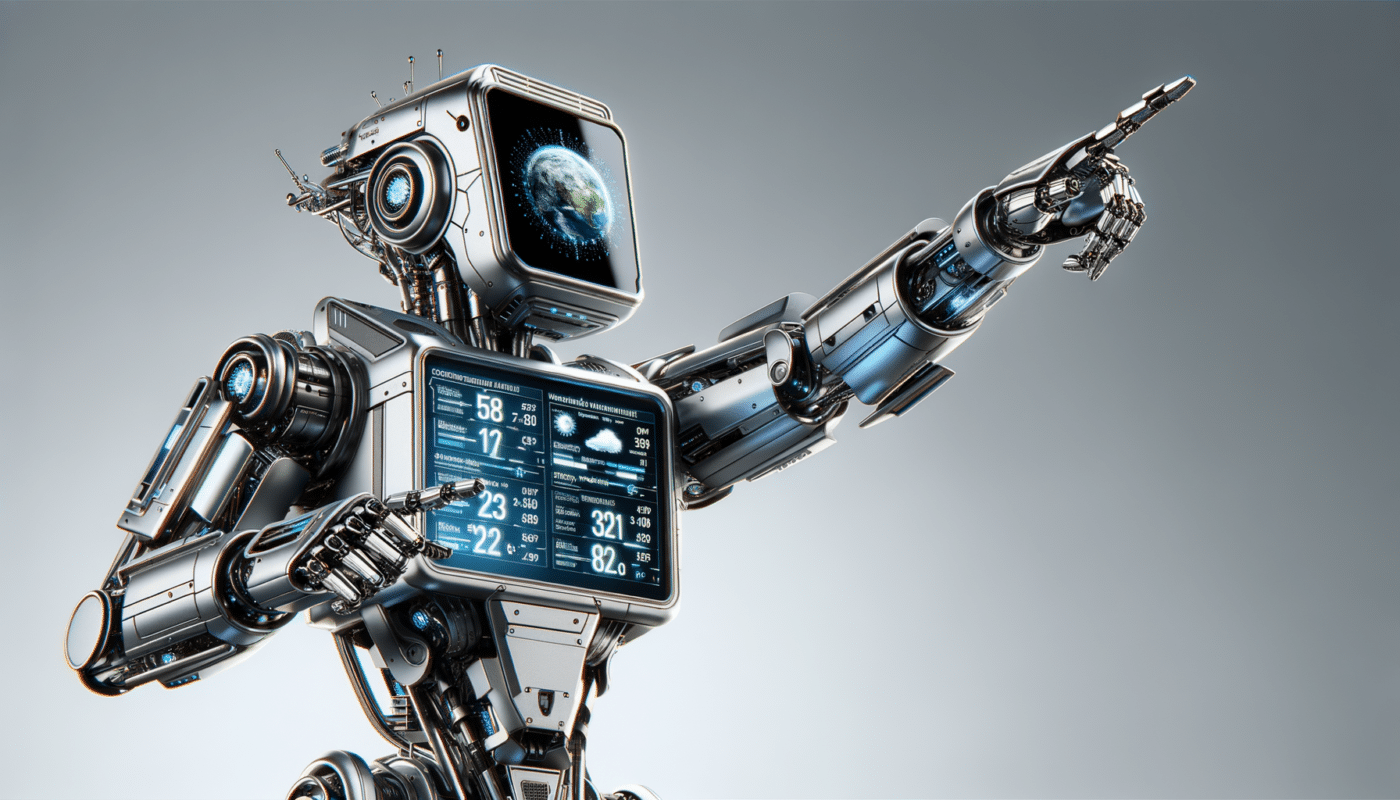The limits of AI models like GPT
Despite the many advances made in artificial intelligence (AI) in recent years, the question of whether this technology has a real future remains. A recent study by researchers at Google Deepmind, the AI subsidiary of American giant Alphabet, questions and casts doubt on the real capabilities of current models such as GPT, which appear to be far more limited than they appear.
AI: between cautious optimism and existential threat to humanity
Perceptions of AI vary greatly depending on the players involved. For some, it’s a promising technology, capable of dramatically improving our daily lives and solving complex problems. However, others fear that AI poses a threat to human existence. Google DeepMind CEO Demis Hassabis is cautiously optimistic about the future benefits of AI, highlighting the potential risks associated with the technology. It is important to note that DeepMind is currently working on solutions to secure the use of AI to prevent any harmful consequences.
- AI can offer innovative solutions to complex problems.
- Some experts believe it represents an existential threat to humanity.
- Google DeepMind’s CEO advocates cautious optimism and is working on securing AI.
Google AI boss’s alarmist statements
Among the skeptics, the head of Google AI is among those who believe that artificial intelligence could be an existential threat to humanity. In his view, the risks associated with this technology are too great to ignore, and require a more vigilant approach to research and development. This position contrasts with that of other scientists and business leaders, who see AI more as an opportunity to be seized.
Towards general artificial intelligence?
The current AI trend is based mainly on specialized artificial intelligences designed to solve specific tasks. The ultimate goal of AI researchers is to achieve what is known asGeneral Artificial Intelligence (GAI), i.e. AI capable of understanding and learning any intellectual task performed by a human. Companies actively working towards this ambitious goal include not only DeepMind, but also the likes ofOpenAI and Anthropic. In a recent interview, Google DeepMind co-founder Shane Legg expressed confidence in the prospect of a major breakthrough in this field, believing that his teams are no longer very far from achieving an AGI model.
Conclusion: unanswered questions
Despite the progress made in recent years, the future of artificial intelligence remains uncertain. The current limitations of AI models, concerns about the potential risks associated with this technology, and the many challenges involved in achieving general artificial intelligence all raise questions that remain unanswered. It is therefore essential that AI research continues to progress in order to better understand and master this controversial and potentially revolutionary technology. In the meantime, dialogue between the various players involved – researchers, industry and legislators – remains essential to ensure the responsible and safe development of artificial intelligence.







